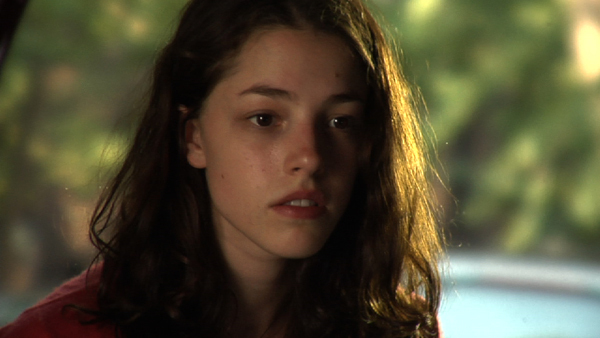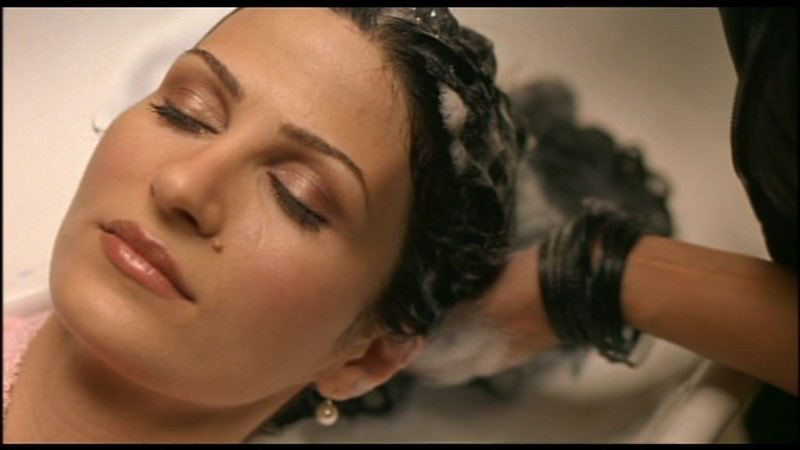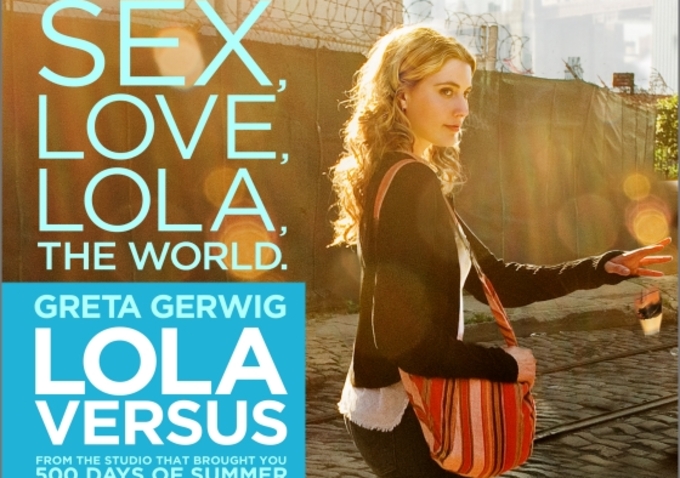Daryl Wein’s short film “Unlocked” is itself an experience of trauma as it follows a teenage girl who is already negotiating a difficult tension between the bored surface of her teen life, listening to music and sitting around, and the inexpressible experience she is having with a mother who has cancer. Though her friend tries to reach her, even tries to go to the hospital with her, Wein’s protagonist is having none of it. She wants the surface and the depth to keep a discrete distance. She appears to long for normalcy more than anything — louder music and dancing to avoid the incoming messages on her phone — and is willing to separate from reality to keep at least the appearance of that.
The man with the clipboard she meets on the street who suggests she give to charity is a gate keeper who offers her a chance, for better or worse, to bring surface and depth together. Truly, we can’t be certain he is not charitable, but the van and the brusqueness, the rather scripted tone to his own story about a mother with cancer all point to her being duped for his peculiar pleasure.
She is drawn along and through the violence by the possibility of doing something, doing her part, helping children or others in need or even the hope that she might herself make sense of the senselessness of her mother’s cancer. We are forced to sit idly by with dread and a sense that she is searching for something other than sacrifice, something more like mercy.
It’s the final scene which sticks with me, as she walks down the street transformed. She weeps, bare to the world. Not that this excuses the actions of the man in the van, but this outer transformation seems to at last signify, at last create meaning for her around the pain and suffering she has been experiencing but denying.
It is a transformation that recalls for me the transformation at the end of Nadine Labaki’s gorgeous film Caramel where one of the minor characters who has been struggling with a very different type of repression throughout also gets a radical shearing and walks down the street also not recognizing herself. I considered posting that clip, but out of context that would be its own violence. See the film and you’ll see.
Though I am new to Wein’s work, there’s a certain impulsiveness to his characters that compels me: they are creatures of action and tragic victims to their own heroic gestures.
Lola, the protagonist in his film Lola Versus, overwhelmed by a party scene with two of her ex-boyfriends and her best friend who is dating one of them, has an emotional explosion and storms out, but leaves behind anything generic when she grabs a large block of cheese off the food table on her way, holding it in the air as a triumph. Cheese as an exit strategy. These are the kinds of characters that invite emulation and leave me wanting for a good party with a generous cheese plate.
— R. W. Gray



